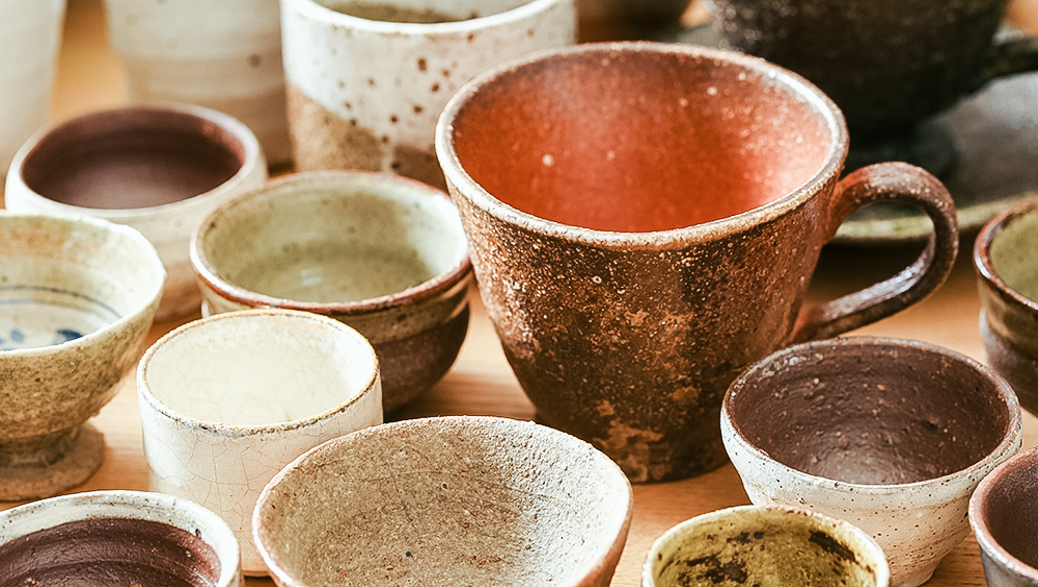
May 7, 2025
Is a paper cup the same as a ceramic mug? What is the value of a thing?
Every "thing" that exists in this world is imbued with someone's thoughts and feelings.
These words, which I heard from an adult in my childhood, have stayed with me ever since.
Whether it's a ceramic mug crafted by hand or a paper cup mass-produced by machines, when I look around the room now, I see the people behind all the "things" I see.
"The same coffee will taste different."
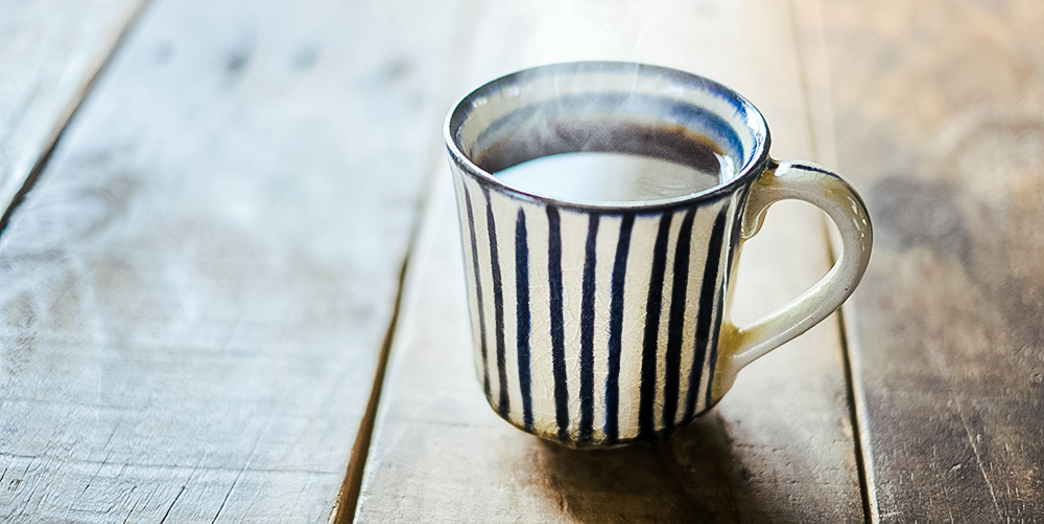
Growing up, I was surrounded by people involved in manufacturing; craftsmen and artists were familiar figures in my life.
One day, I was taken to a gallery opening reception where I observed the adults while sipping orange juice from the corner of the room.
As a child, I was intrigued by these eccentric, yet remarkably interesting, "strange adults." Their discussions could become quite animated, stretching on endlessly.
One of the older men held up a ceramic mug and declared, "Look, you can do it like this.
When you drink coffee from a ceramic mug like this, even the same coffee tastes different.
A paper cup tastes different. That's the essence of making things."
He was a potter. I had once visited his kiln. Although the word "potter" conjures up an image of a man manipulating clay freely on a potter's wheel, his arms bore numerous scars from burns. He told us how he worked through the night while the kiln was firing.
Those in attendance knew that each mug was the result of this hard labor, and they nodded in agreement, affirming, "Yes, yes."
"Even paper cups are made by hand."
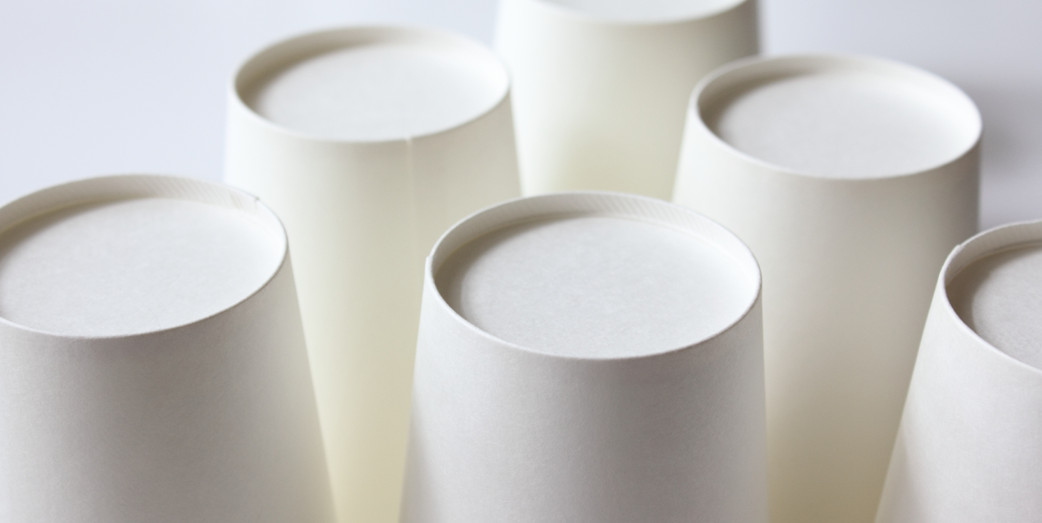
At that moment, a white paper cup was held aloft.
"Even paper cups are made by hand."
Everyone present turned to look at each other in surprise. The owner of the paper cup was an architect. He sipped water from the cup, remarking, "The roundness of the rim is truly wonderful. It creates a smooth taste and prevents the cup from deforming."
After finishing the rest of the water, he turned the paper cup upside down. "The bottom is really great, too," he said. "It adds stability and prevents them from sticking together when stacked, making it easier to remove. The shape of the paper cup is truly wonderful. There's no functional beauty like it. That's what making things is all about."The crowd sighed in agreement, and the potter affirmed, "Indeed!"
"Someone's thoughts are in it."
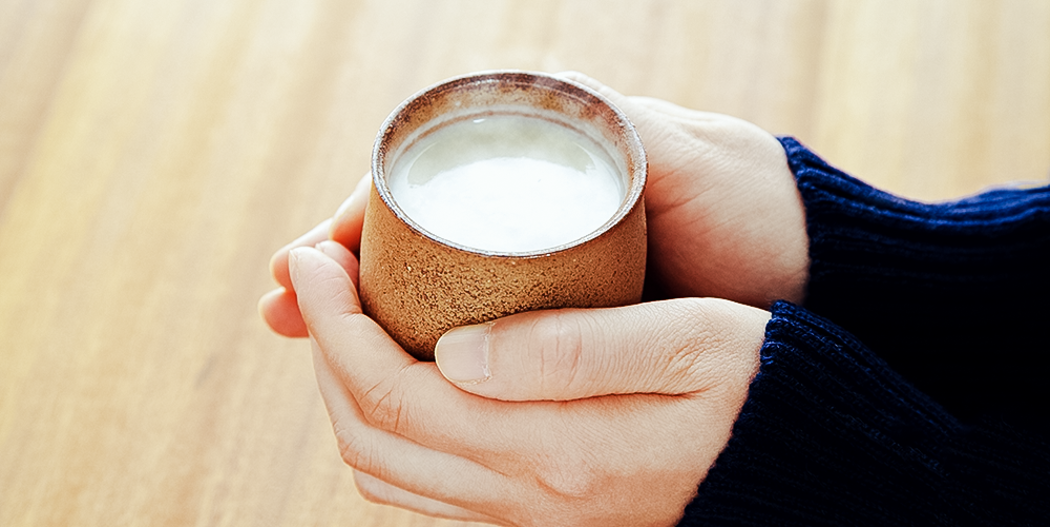
The gallery owner, who had been observing the discussion, said, "Every 'thing' that exists in this world is filled with someone's thoughts and feelings," prompting everyone to nod in agreement.
Whether it's to help people enjoy a good cup of coffee or to ensure people can drink clean, safe water, we are surrounded by warm "thoughts" in our daily lives. These include making housework easier, making it comfortable to walk, or ensuring a good night's sleep.
In life, there are various forms of mutual assistance and support, and we realize that we are recipients of someone's thoughts just by being in this world.
"We live in a beautiful world, don't we?"
What is the value of a thing?
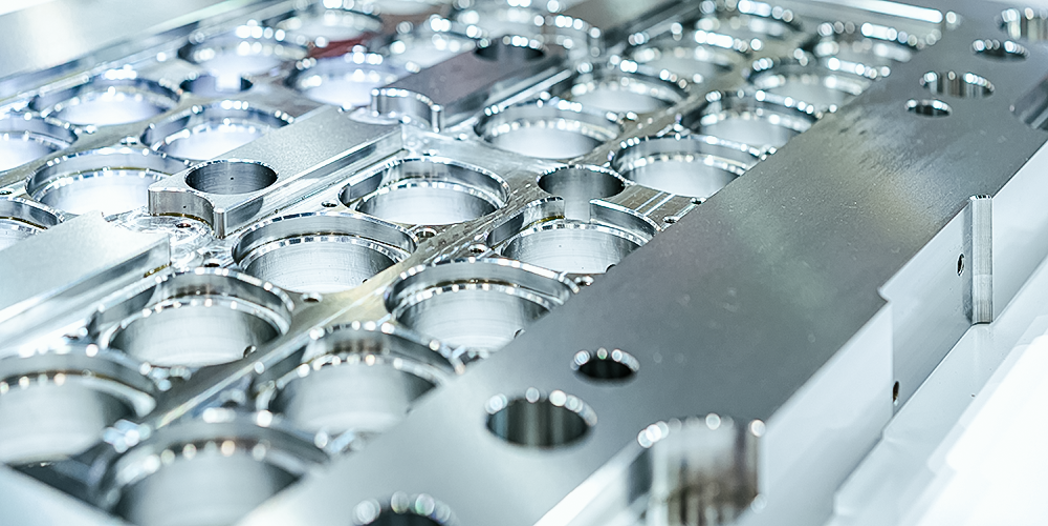
Decades have since passed, and the author has worked across various fields of manufacturing. A ceramic mug, painstakingly created, is a valuable object, whereas a paper cup, mass-produced, is often discarded. This serves as a reminder that there are aspects of the world that cannot be captured by such a simplistic perspective.
There's painstaking effort and sincerity even in mass production.
For example, a manufacturer creates a "new container" for a product. While it might be mass-produced by a machine, I've learned that many people go through the trouble of making a single mold.
The lid should be easy to open, even for those with limited strength. It should fit naturally with the interior and be easy to place. And it should create a comforting texture when held in the hand.
We've held numerous meetings, redone prototypes, and made countless adjustments.
Many people perceive that domestic factories are of high quality, and that overseas factories are of lower quality. However, if you actually visit the production sites, you'll find that many people in our overseas factories are devoting their whole hearts and souls to manufacturing.
They make creative efforts to reduce errors and ensure a stable supply of high-quality products.
As an author, I too have been producing products with painstaking effort, sincerity, and a wish to be of use to others."
Imagination Beyond the Surface
Can we deem something that someone has crafted with great care as of little value without truly knowing it? Such a question crosses my mind.
"Every 'thing' in this world is filled with someone's thoughts and feelings," the gallery owner said.
The gallery owner's words have forever resonated with me.
Behind every product, service, and piece of manufactured goods, there is always someone involved.
If we understand that the thoughts of those involved are reflected in the "product" before us, we can reconsider its value.
This is the power of imagination beyond the surface of things.
The Art of Finding Value
Since many things bear a "price," we tend to measure their value in terms of "loss or gain."
However, the value of things is multifaceted and relative. It changes depending on the perspectives and situations of each person, and "someone's thoughts" are intermingled from various angles.
To determine value based solely on numbers may be seen as a "loss."
If we are adept at uncovering the value in things, our days will be richer.
We marvel at the ingenuity of the rims and bottoms of paper cups, and admire the exquisite firing of a piece of pottery.
There are many more values that we are yet to discover. When we open our minds and view things with curiosity, we find ourselves surprised and captivated.
If people can perceive things in such a way, it would bring immense joy to the person who created the "object."
in the end
It seems we receive a lot of training to critically examine things, to protect ourselves and prevent any disadvantage.
Whenever I acquire something new, I make it a habit to inspect it critically for any flaws or defects.
On the other hand, I believe that if we only hone our skills in identifying faults and complaining, the world, in its beauty, would appear a bit smaller.
I would like to be open to someone else's thoughts, to become a part of them, and to view the world through a lens of warmth and understanding.
Tsumugi Mishima
Involved in marketing and organizational development at a venture company, the author also works as a writer, leveraging her experience in product development and brand launches.


